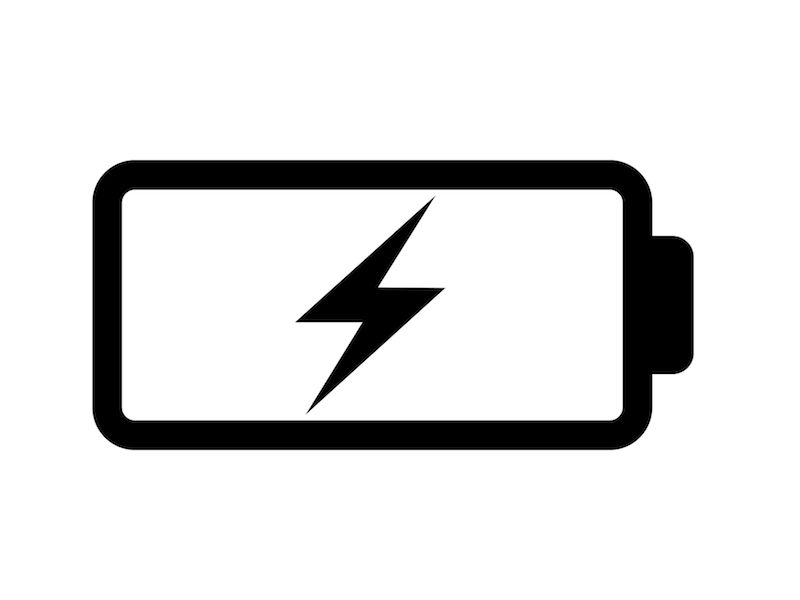
Rechargeable hearing aids are designed so that you’ll need to stress less about losing battery power, but the technology may also make you a little anxious when you rely on your devices to hear. Do rechargeable hearing aids work as well as advertised or do they even work at all?
The worry is reasonable and so are the question you might have. A hearing aid is often as important for the enjoyment of a tv show or a movie as it is for a trip to the supermarket or any other part of daily life. It’s essential that a piece of technology works correctly and reliably, especially when it impacts so many facets of life.
What Kind of Battery do I Have?
Most modern-day hearing aids are equipped with rechargeable batteries by default, so if you got your hearing aids recently it’s likely that your hearing aids will have one of two battery types. Silver-zinc batteries, which can normally be distinguished by a battery door on the device, are rechargeable, but the batteries may have to be changed every so often. A Lithium-ion battery, however, will last throughout the life-cycle of the hearing device and, as such, those devices will not have that telltale battery door.
Rechargeable Hearing Aids Need Special Care
For the most part, rechargeable hearing aids do work, and they work well. The dependability of these devices has increased dramatically in the last few years, as battery technologies have improved. And, like any other electronic device, however, there are a few easy maintenance steps that users can follow to improve the dependability of their rechargeable hearing aids.
- Keep Your Hearing Aids on The Charging Station: If you regularly store your rechargeable hearing aids on their recharging station you can extend the life of your battery. Charging a battery that is not totally drained does not reduce long-term battery life. As a matter of fact, ensuring that your hearing aids are charging when you’re not using them can actually benefit your long-term battery life. For lots of people, putting their charging station beside their bed is a convenient reminder to charge the devices when it’s not in use.
- Keep Your Hearing Aids Dry and Clean: Your hearing aids will collect debris, dust, and moisture regardless of how often you use them. Any combination of these three elements can undercut the efficiency of your battery and can hinder charging as much as it needs. That’s why it’s essential to keep your hearing aids dry and clean especially when connecting your hearing aid to its charging station.
- Be Careful of Wires: Either the charging station or the hearing aid itself will have some kind of wire element on most hearing aids. Most hearing aid users are advised to be careful of these wires; do not pull or hold your device by these wires as this can damage the connections that enable your hearing aid to charge.
How to Change a Rechargeable Battery
If you have lithium-ion batteries, they should last as long as your device does. Because of this, you should not have to worry about changing those batteries. Your hearing aids can then be simply charged as long as needed.
However, you will need to occasionally replace the batteries if you have a hearing aid that uses silver-zinc batteries. The lifespan of your battery can be increased by replacing them in the correct way. As such, most people who use these hearing aids are counseled to:
- Before replacing batteries, make sure you wash your hands.
- Let the batteries sit out at room temperature for at least five minutes before removing any tabs that may be attached.
- Clean and free of moisture is the state that your battery compartment should be kept in.
- Until you’re ready to use the batteries, don’t remove the plastic tabs or packaging.
- Store batteries in a room temperature spot that is also certain to be dry.
Non-Use For Long Periods
If you are planning not to use your hearing aids for long amounts of time, leaving them on the charger may no longer be the best manner to store your devices. Just disconnect your hearing aid and put it in a cool dry place if, for instance, you know you won’t be wearing them for a few weeks or a month.
Consider leaving the battery door open so you can stop moisture from corroding the batteries if you have silver-zinc batteries.
Rechargeable for Everyday Use
All your basic needs should be satisfied if you charge your hearing aids once per day. A lithium-ion battery, for example, will typically require only 3-4 hours to charge enough battery power for a 24 hour period.
Do rechargeable hearing aids work? They don’t just work, they are becoming more common every day. To see all the different models, get in touch with your local hearing aid retailer.